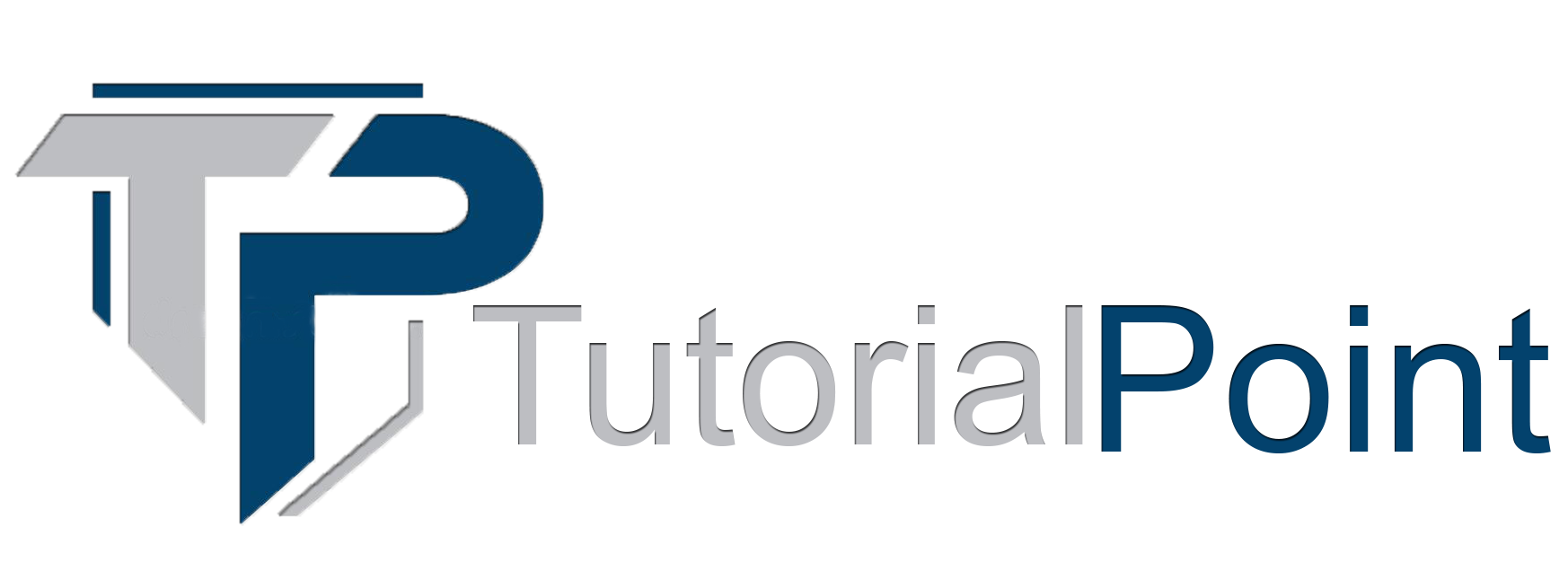The Pros and Cons of Freelancing: Is the Flexibility Worth the Uncertainty?

[ad_1]
Freelancing has become a popular career choice in recent years, with more individuals opting to work for themselves and enjoy the flexibility that comes with it. However, like any other career path, freelancing has its pros and cons. In this article, we will delve into the advantages and disadvantages of freelancing and explore whether the flexibility is truly worth the uncertainty.
Let’s start with the pros of freelancing. One of the most attractive aspects of this career is the ability to have control over your schedule. Freelancers are not bound by the traditional 9-to-5 work hours and can choose when and where they work. This flexibility allows individuals to find a work-life balance that suits their needs, whether it’s taking care of family responsibilities or pursuing personal interests.
Moreover, freelancers have the freedom to choose their clients and projects. They can pick the work that aligns with their interests and skills, leading to a more fulfilling and enjoyable career. This control also extends to the financial aspect of freelancing, as freelancers can often set their rates and potentially earn more money than they would in a traditional employment setting.
Additionally, freelancing offers the opportunity for professional growth and a diverse career portfolio. By working on different projects with various clients, freelancers can develop a wide range of skills and experiences. This can be particularly appealing for individuals who enjoy learning and thrive in dynamic environments.
However, with all the benefits, freelancing does come with some downsides. Perhaps the most significant drawback is the uncertainty that comes with irregular work and income. Freelancers are subject to market fluctuations and can face periods with no projects or clients. This unpredictability can create financial instability and make it challenging to plan for the future.
Furthermore, as a freelancer, you will be responsible for all aspects of your business. This means handling finances, marketing, and client acquisition. While some individuals enjoy taking charge of these aspects, others may find them overwhelming, especially if they do not have a background in business or marketing.
Another potential downside is the lack of benefits typically provided by traditional employers. Freelancers usually do not receive health insurance, retirement plans, or paid time off. This can be a significant disadvantage, especially for those who rely on these benefits for their wellbeing and financial security.
Moreover, freelancers often work in isolation. While this solitude can be a positive aspect for some, it can lead to feelings of loneliness and a lack of social interaction. Additionally, freelancers need to be self-motivated and disciplined to ensure they meet deadlines and deliver quality work without the structure and accountability of a traditional office setting.
In conclusion, freelancing offers many benefits, including flexibility, freedom in choosing projects and clients, and opportunities for growth. However, the uncertainty of irregular work and income, the need to handle all aspects of the business, the lack of benefits, and the potential isolation are all important factors to consider. Whether or not the flexibility of freelancing is worth the uncertainty depends on an individual’s personality, priorities, and willingness to adapt to a freelance lifestyle.
[ad_2]


